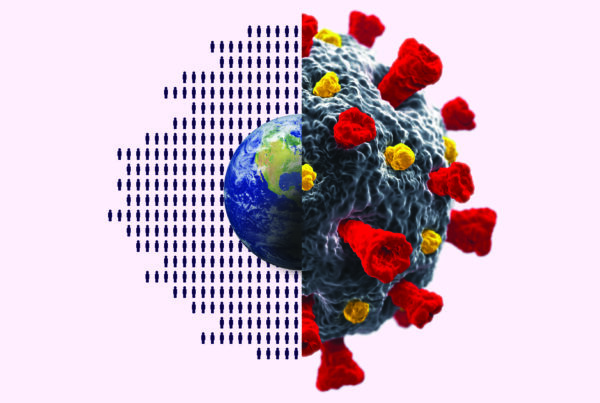
Assistant Professor Berenice Benayoun
Assistant Professor Bérénice Benayoun, who is currently investigating sex differences in age-related diseases, says that based on epidemiological data from Italian and Chinese cases of COVID-19, the disease disproportionately affects older people and has the highest death toll in men, who make up around 75% of reported deaths.
“The higher proportion of long-time smokers is indeed in older men and has been proposed to contribute to these statistics,” she says. “However, it is likely that true biological differences between men and women, especially in the immune system, may underlie these differences in relative risk. Indeed, accumulating research suggests that there are fundamental differences in male and female immune systems, which may arise from genetic (sex chromosome-related) or hormonal (estrogen vs. androgen rich milieu) influences.”
She notes the observation that men tend to have worse outcomes in sepsis-like contexts, including ARDS (Acute Respiratory Distress Syndrome) which accompanies late-stage critical COVID-19 disease.
“The biological differences between immunity in men and women, as well as age-related changes in these differences, probably underlies the age and sex disparities in resistance to COVID-19, and may inform future therapeutics,” she says.





